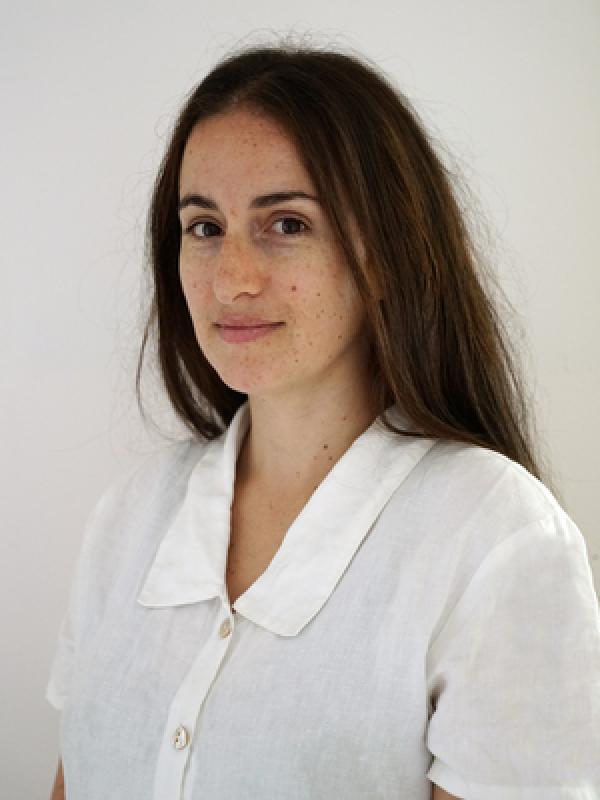Education
- MFA in Art, California College of Arts 2011
- MA in Visual and Critical Studies, California College of Arts 2011
- BA in Art, UCLA 2006
Carmen Winant is an Associate Professor in the Department of Art, where she is the Roy Lichtenstein Chair of Studio Art, and an unaffiliated member of the faculty. She has also served as the Dean of Skowhegan School of Painting and Sculpture (2013-2015).
Winant’s work poses a challenge to the ways that we understand women’s power, pleasure, labor, healing and liberation to function, querying the aesthetic and political legacy of second-wave feminism. Winant’s appropriative installations and artists books grapple with this question for all of its contradictory impulses: the awe of living in a revolutionary moment; a shared preoccupation with the female body as a zone of political strife; cognizance of the racial and class-based limitations of the second-wave movement; the mine- and not-mine nature of historical legacy. In using found photographs, Winant acts upon primary evidence (rather than indexical reference); the images incorporated into her work contend directly with the complex notion of socio-political inheritance.
Winant is a 2019 Guggenheim fellow in photography. She has shown her work in the Museum of Modern Art (NY), Henie Onstad Kunstsenter (Oslo), Kunsthal Charlottenborg (Copenhagen), Contact Photography Festival (Toronto), Museum of Contemporary Photography (Chicago), Sculpture Center (NY), The Wexner Center for the Arts (Columbus) and other sites. Winant’s work is in the collections of the Minneapolis Institute of Art, MoMA, and Henie Onstad; it has been written about in the New Yorker, the New York Times, Artforum, Vogue, Frieze, Aperture Magazine, and Art in America.
Winant is the mother of two sons, Carlo and Rafa, with her partner Luke Stettner. They have lived in Columbus since 2014.
Areas of Inquiry & Teaching Interests
- Installation, performance, research-bound practice and collage modalities
- Second wave feminism; contemporary feminisms
- Liberation struggle and the potential of political imagination
- Alternative archive-production and amalgamation

